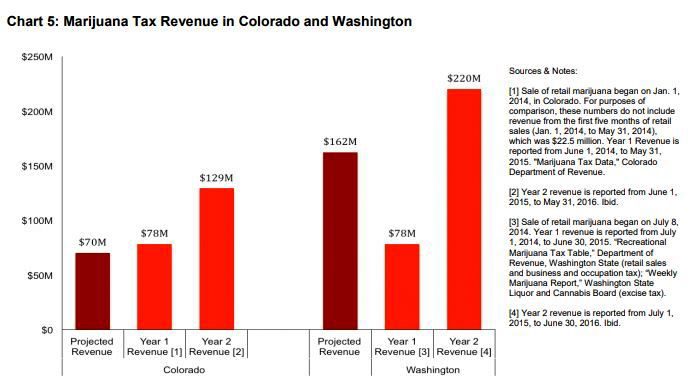This is an interesting study finding that broader access to medical marijuana may have the potential benefit of reducing abuse of highly addictive painkillers such as opioids. The study by the National Bureau of Economic Research, which includes data compiled by the RAND Corporation, notes that a potential overlooked positive impact of medical marijuana laws may be a reduction in harms associated with opioid pain relievers.
Drug overdoses are the leading cause of deaths from injuries in the United States today, exceeding deaths from suicide, gunshot deaths and motor vehicle accidents. In 2010, 16,651 deaths were caused by a prescription opioid overdose, representing nearly 60% of all drug overdose deaths, and exceeding overdose deaths from heroin and cocaine combined.
These numbers are the result of a dramatic rise in problems associated with prescription opioid abuse over the past two decades. The federal Centers for Disease Control has deemed the misuse of prescription opioids in the United States to be an “epidemic.”
You can read the full report here – Medical Marijuana Laws and Opioids.
This compares favorably with a 2014 study published in the Journal of the American Medical Association which determined that opioid-related overdose deaths fall 20% in the first year after the implementation of marijuana legalization and decline by as much as 33% by the sixth year. You can read that report here – Medical Cannabis Laws and Opioids.


